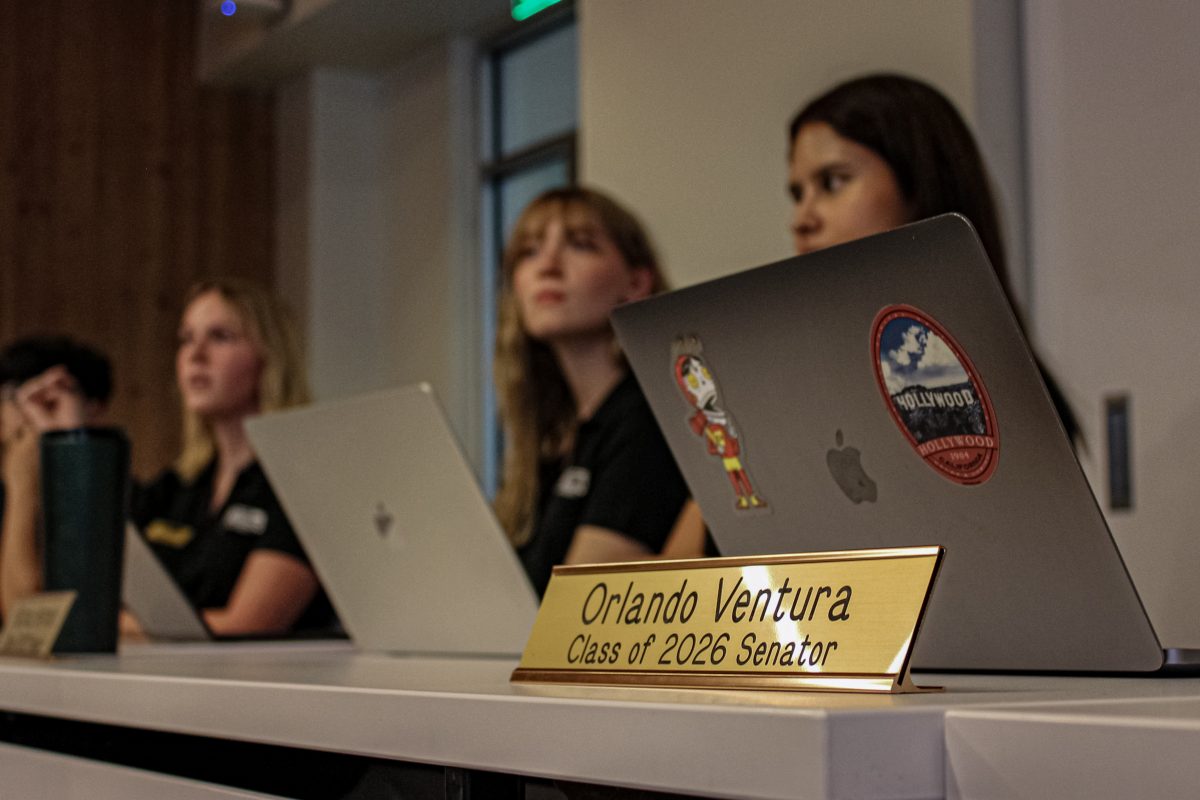Graphic by Quinn Butterfield
In May 2020, the election timeline for university-sponsored organizations and registered student organizations will switch from a calendar-year model to the academic-year model.
The shift to the academic-year system marks a return to a model used in 2013. Right now, under the calendar-year model, officers are elected in November and serve a term spanning two academic years (January to December). As per the academic-year system, officers will be elected in March and assume their position in May, serving until May of the following year. Jamie Thompson, director of Student Involvement, views the academic-year system as a better fit for the natural rhythm of Trinity’s student organizations and their respective communities.
“The reason for this shift is a couple of things. We began to understand that a large percentage of organizations had already naturally migrated back to this [academic-year based system] timeline,” Thompson said. “We were finding out about it because [organizations] would email us new organization points of contact, and we’d be thinking, ‘Well, this doesn’t make sense! This is a calendar-year cycle.’”
According to Shannon Twumasi, coordinator for student programs, the new election timeline will benefit student organizations logistically.
“It is always a question with student organizations as to who submits a nomination [for recognition ceremonies]: the officers in the fall or the officers in the spring,” Twumasi said. “So now, the recognition ceremony will recognize a year of leadership with the same people, which I think is a lot more helpful as they’re able to see, from a year’s perspective, whether the organization has done well.”
The new election timeline has also contributed to changes in student-leader instruction by increasing the number of trainings held per year. There will now be two scheduled for April and September. In terms of officer transition specifically, Twumasi views the academic-year system as an advantage over the calendar-year model.
“[Old] leadership will still be in place from March to May, so what that will provide is a sense of transition for the new person coming in,” Twumasi said. “They can see how things are run — the current president can pull in the new president to lead meetings and assist with all of that.”
Although the academic-year model certainly has its benefits, Twumasi is well aware of the downsides to the system.
“One of the cons — and we are totally aware of this — is burnout. That’s the main point of concern for our officers, especially our senior officers.” Twumasi said.
During the transition, members of organizations will reapply for their positions or bring in more members at the end of the fall 2019 semester. This term will last until the end of the spring 2020 semester. Then, the new boards will be elected to serve during the 2020-2021 academic year.
For Meghan Desai, junior and director of Student Programming Board, the switch in timelines is a welcome change and one a long time coming.
“It’s something I’ve kind of have had in the back of mind, that it would be easier if we moved to an academic-year system,” Desai said. “When they told us they were transitioning, it was almost a relief to me because the rest of university does work on an academic calendar, so I think moving student organizations over to that is only a natural transition.”
Desai views the academic-calendar system as a positive change in terms of ensuring the longevity and sustainability of student organizations.
“It means that we’ll be able to retain members for a lot longer as well as get new members onto the board a lot earlier,” Desai said. “So with the academic-year system, we’re hoping to include first-year students as soon as they come into Trinity and enable them to apply for the board in any capacity they might want to as well as keep our graduating seniors on until their last semester.”








